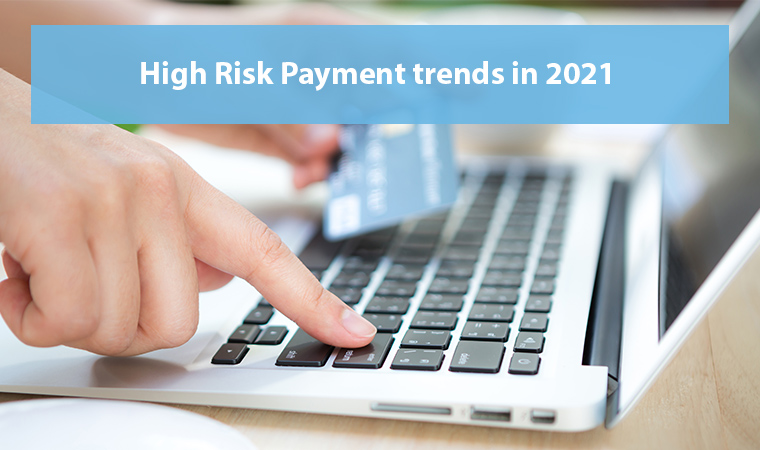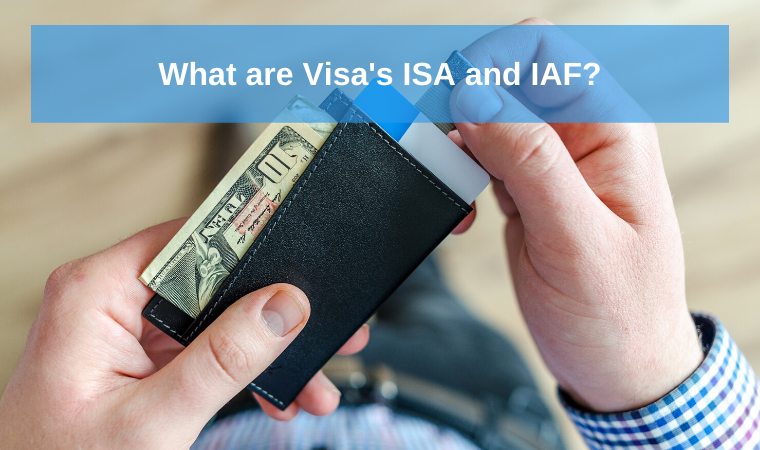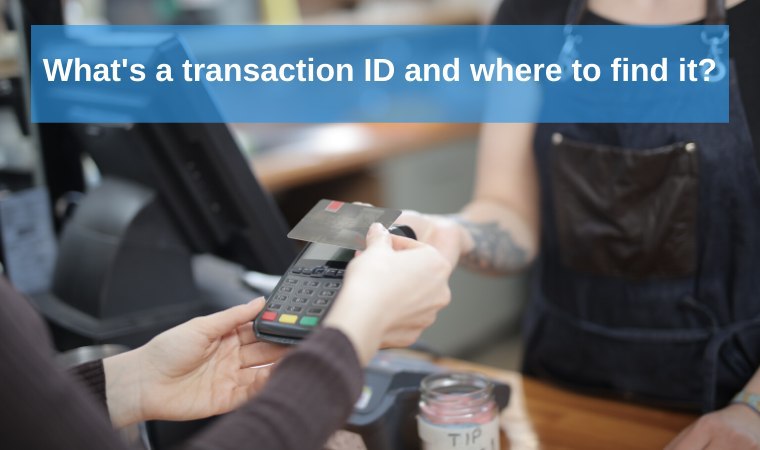Interchange Fee
What is the interchange fee?
An example of an interchange fee
Imagine a merchant called Bob. He sells marketing courses online, $1000 per item. His payment processor is PaySpacelv. The interchange fee of PaySpacelv is 1.2%. Thus, every time someone buys a course from Bob’s website, he is automatically charges 1.2% out of the transaction. As a result, he gets $988, while PaySpacelv gets $12. The same process happens every time a consumer purchases a course from Bob’s website.
Why interchange fees differ?
Different PSPs have different interchange fees. The fees vary due to payment processor policies, and a business type of a merchant. Those who run high-risk business(gambling, gaming, adult, CBD, pharma, e.g.) have no choice but to pay more. The deal is, such businesses might bankrupt due to a high volume of chargebacks. The acquiring bank will have to cover the losses. That is risky. That’s why banks have higher fees for those who are involved in high-risk industries.


